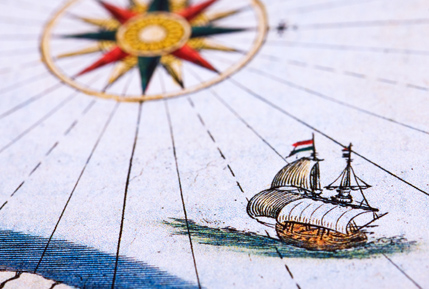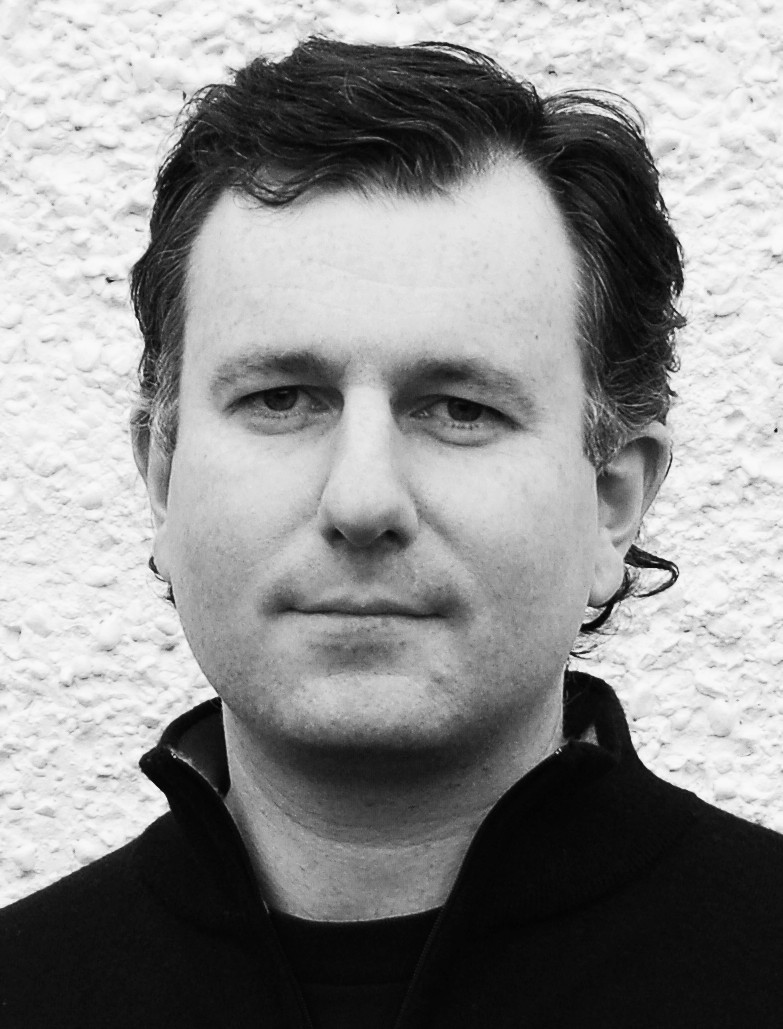
You’ve come a long way since Lesson 1, where you considered your career ambitions.
Since then, you’ve worked to develop many different skills that will help you achieve them.
But how will you know you’ve succeeded? What’s the ultimate measure of your success?
Only you can decide that. But in this – the final lesson of The 21st Century Creative – I’ve outlined a few criteria for you to consider.
Creativity
You chose a creative profession because you love to create things.
So what is it you’re building?
How do you know if you’re doing a good job of it?
How will you know when it’s finished?
In your early years, feedback from respected critics and mentors was like gold dust. But as you progress, there are fewer and fewer people who you can rely on to tell you when you’re on track.
So refining your critical thinking skills becomes more and more important. Not in an academic way, but as a practical necessity: to keep improving, you need to develop a razor-sharp sense of the difference between good and excellent, excellent and great.
At some point, maybe it won’t even be a conscious thought process. You’ll know in your gut whether you’re on the right track, and all the praise or criticism in the world won’t be enough to make you change course.
Money
It’s easy to dismiss money, not so easy to earn it. It’s easy to be seduced by money, not so easy to keep it in perspective. Love it or loathe it, money is one of the most obvious ways we have of tracking value. So at some point, you need to decide what money means to you, how much is enough, and how much of it you want.
There’s a myth that starving artists are better artists. But we have only to mention the names Shakespeare, Picasso, Michelangelo and The Beatles, all of whom made a fortune from their creative work, to see that this is rubbish. Great artists make great art; riches or poverty are optional.
One way of looking at money is that it’s stored energy. You need a certain amount to pay for basic necessities. Above and beyond that, it you can avoid it or fritter it away. Or you can use it to create amazing things and experiences, for yourself and others.
The more money you have, the more choices you have.
Here’s violinist Nigel Kennedy’s take on money:
I think if you’re playing music or doing art you can in some way measure the amount of communication you are achieving by how much money it is bringing in for you and for those around you.
(Nigel Kennedy, quoted in In Praise of Commercial Culture
by Tyler Cowen)
Money is a means of social exchange — not the only one, nor even the most important — but if people are willing to pay you money, it’s a sure sign that you’re doing something they value.
Reputation
Remember the invisible currencies from Lesson 19? Fame and critical reputation are two of the biggest motivators for creative people, so don’t be embarrassed if they are important to you.
I don’t know any poets who expect to become millionaires from writing verse, but plenty who would die happy if they knew their place in literary history were assured. On the other hand, I remember reading that Freddie Mercury wasn’t remotely bothered about his posthumous reputation, but it’s fairly obvious that he loved the adulation of a stadium-sized crowd.
These days, ambition for fame and glory is frowned upon, and it’s a brave person who admits to it in public. But previous generations had no problem with it — the ancient Greeks had Olympic competitions for the arts as well as sports, with the same laurel wreaths as prizes. And Renaissance artists were often completely upfront about the fact that they wanted to be known as the greatest among their peers.
So maybe there’s something to be said for noble ambition after all.
Impact
One of the most popular movies of all time is Frank Capra’s It’s a Wonderful Life, which tells the story of a man whose foolish wish comes true. After a series of disappointments, and under severe financial pressure, George Bailey resolves to commit suicide by jumping off a bridge, saying it would have been better if he had never been born.
Fortunately George is overheard by a kindly guardian angel, who saves him from drowning — and then takes him into an alternative universe, to show him what would have happened to his wife, family, friends and the entire population of his hometown if he had never lived …
I won’t spoil the story if you haven’t seen the film, but let’s just say George is flabbergasted to see what a positive difference he has made to other people’s lives, and realises what a precious gift his life has been, not just himself, but to the world.
To me, the popularity of It’s a Wonderful Life is proof that the urge to contribute, to make a difference, is one of our most powerful drives. We don’t just want to live, consume and die. We want to make an impact.
Maybe you want to save the world, or at least part of it. Or maybe you want to delight and amaze it, which is just as valid. But if you don’t make it a priority, you risk falling short.
I’m not saying you need to give up your professional ambitions and start a charity (although if you want to do that, it’s a great thing to do). If you’ve chosen a truly remarkable career path, by definition you will be making an impact by pursuing it.
So before you move on to the next stage of your journey, it’s worth pausing and asking yourself:
What gift do I want to give?
Who or what do I want to give it to?
What difference do I want it to make?
And last but not least:
What do I need to start doing now, to make it happen?
Worksheet
Podcast episodes

The following episodes of The 21st Century Creative Podcast touch on the themes of today’s lesson:
The Successful Creative Mindset with Joanna Penn
The Price of Being a High Performer with Rich Litvin
Other resources
Written by me, unless otherwise indicated
21 Insights for 21st Century Creatives – my book. Did I mention it’s free?
Forget the Career Ladder – Start Creating Assets
Are You Obsessed with Money, Freedom or Impact? by Peter Shallard
The Key to Dying Happy by Leo Babauta
Tune in tomorrow …
… for an important message about the next stage of The 21st Century Creative.
About The 21st Century Creative

Copyright © Mark McGuinness 2010-2019
